By Venetia Rainey in Beirut
DAY 1
This is Mohammad.
Mohammad is from Nahr al-Bared, a Palestinian camp in the far north of Lebanon that gained notoriety when the Lebanese army razed it in 2007 in order to expel a militant Islamist group hiding within. Mohammad is 20 and lives in a draughty ground floor apartment with his three brothers, two sisters and parents. He loves to play football, smoke shisha and swim, although he says the sea by Nahr al-Bared isn't very clean. He says he hates living there and is desperate to go abroad to study – anything that will let him transcend the seeming ignominy of being Palestinian refugee in Lebanon.
DAY 2
The last five years have seen 43,000 Palestinians from Syria arrive in Lebanon, and roughly half settled in Lebanon's already overwhelmed Palestinian camps. An estimated 1,000 Syrians and 3,000 Syrian Palestinians are now living alongside the 22,500 people already in Nahr al-Bared, all competing for the same extremely limited resources – some 70% of families in the camp don't have anyone in work.
While other Syrian refugees in Lebanon receive aid from UNHCR, the UN's refugee agency, that's not the case for the Syrian Palestinians. Because they are Palestinian, these twice-over refugees are only eligible for assistance from the already overstretched UNRWA. The agency has struggled to cope, and last year it was forced to cut its monthly $100/family housing assistance to Palestinian refugees from Syria due to chronic funding shortfalls. Furthermore, the new refugees face similarly heavy labour restrictions to Lebanese Palestinians, increasing competition for what few jobs are available and forcing down already meagre salaries. The strain this puts on a struggling community is immeasurable.
Only around half of Nahr al-Bared has been rebuilt (UNRWA/Archive)
DAY 3
There are hundreds of statistics about Palestinians in Lebanon, reams of reports and countless surveys done in an attempt to quantify the plight of a population marginalised for decade after decade. But these numbers do little to communicate the sheer indignity of it all, the humiliation of being instantly seen as suspicious, dangerous, unworthy, all because of where your grandparents were born. It is a daily weight to bear, one that many feel can only be lifted by getting to another country and taking another nationality. Lebanon's UNRWA-registered Palestinians number around 450,000. But according to a 2010 report, at most 280,000 of those still live in the country. The rest have either died or emigrated.
DAY 5
The entire camp was destroyed in the 2007 fighting (FCO/Flickr)
Situated on what was a busy route between the major Lebanese city of Tripoli and western Syria, Nahr al-Bared used to be a relatively prosperous informal economic hub for northern Lebanon, better integrated in the surrounding community than any of the country’s other 11 Palestinian camps. Then, in the summer of 2007, clashes broke out between the militant group Fatah al-Islam and the Lebanese army. Over the course of three months of fierce fighting, the camp was flattened.
Mohammad and thousands of others were forced to flee to nearby areas. When he and his family returned eight months later, their house was still standing, but barely inhabitable.
Reconstruction work has been painfully slow due to various factors, including the discovery of Roman ruins and bitter disputes over how to divide plots of land between previous inhabitants. Eight years later, only about half the camp has been rebuilt, and many people still live in metal containers, meant as temporary accommodation, as Mohammad's pictures of his neighbourhood show. Moreover, the Lebanese army has retained control of the camp's borders and now prevents anyone without a valid Palestinian ID or special permit from entering or exiting. This has effectively shut the community off and extinguished any hope of reviving the local economy and turning it back into a thriving marketplace.
MOHAMMAD'S PHOTOS OF NAHR AL-BARED
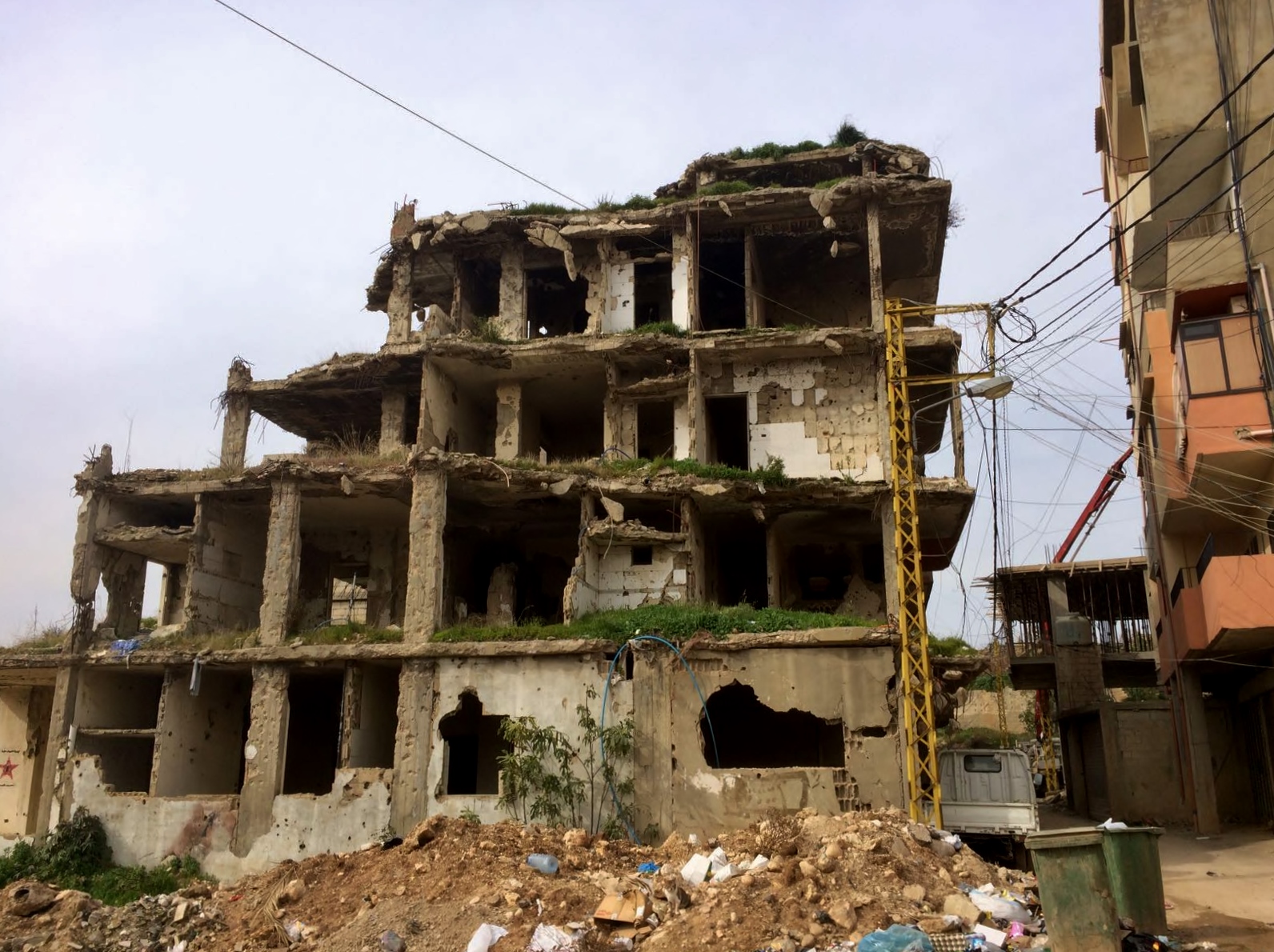
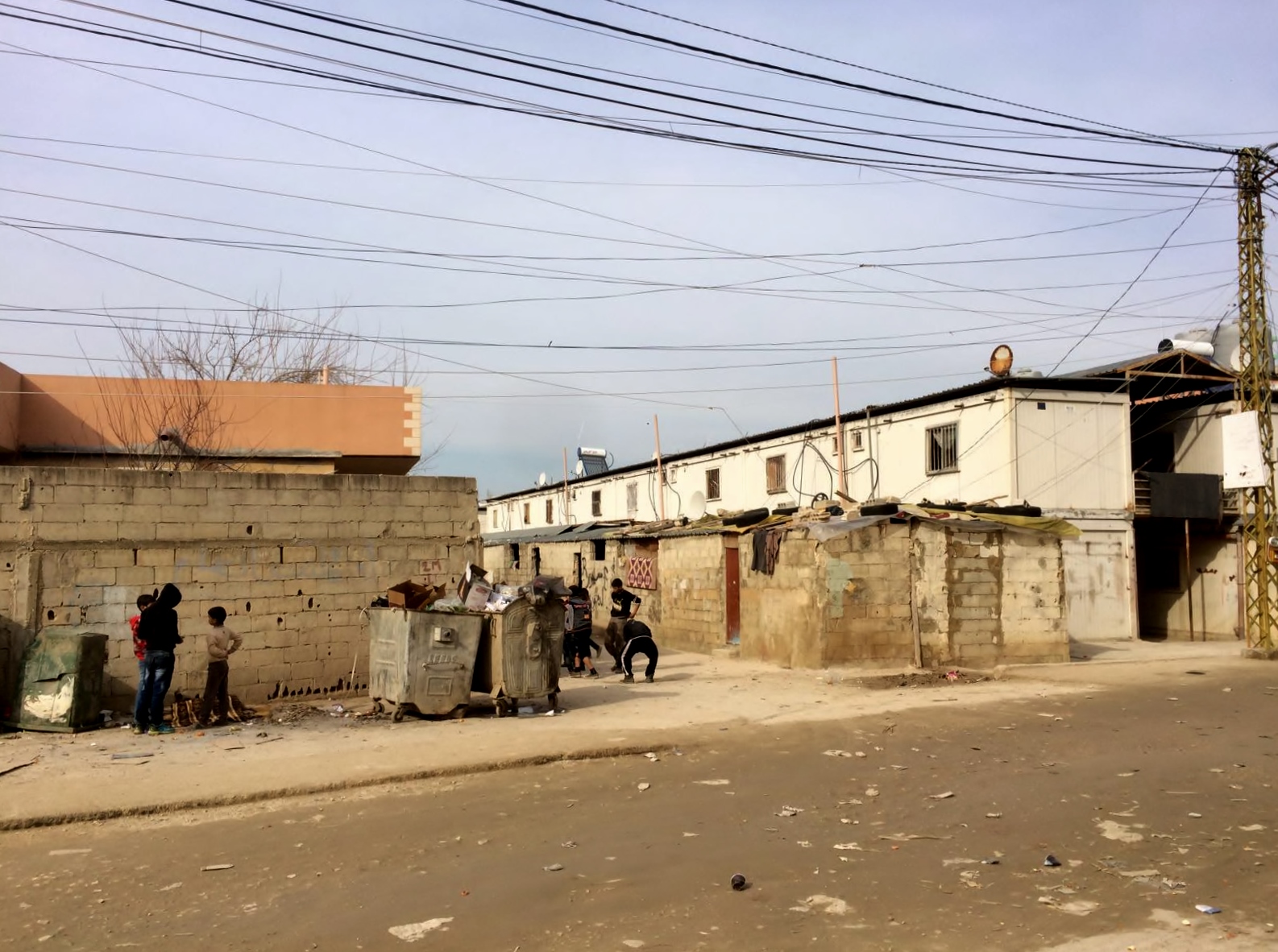
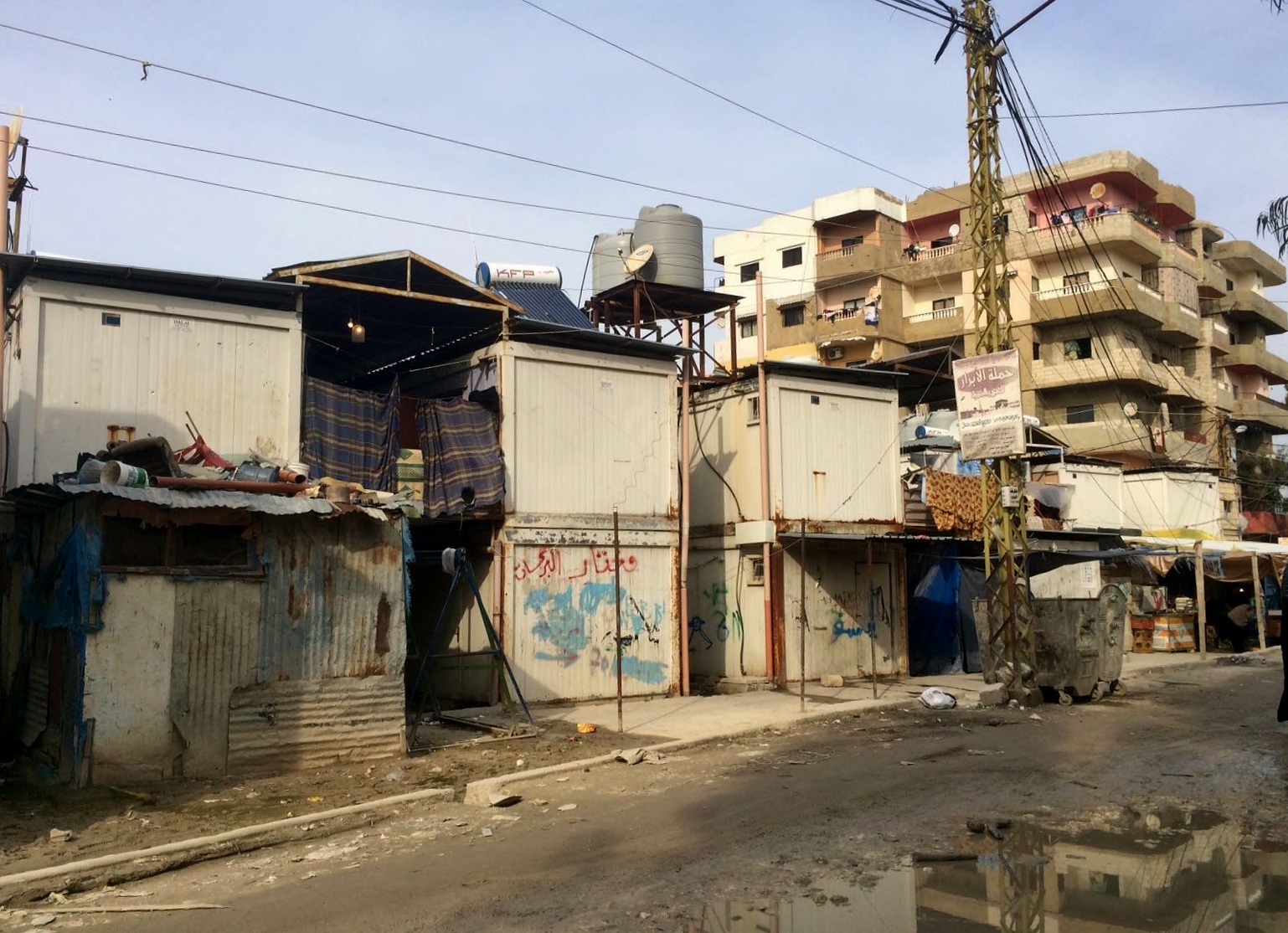
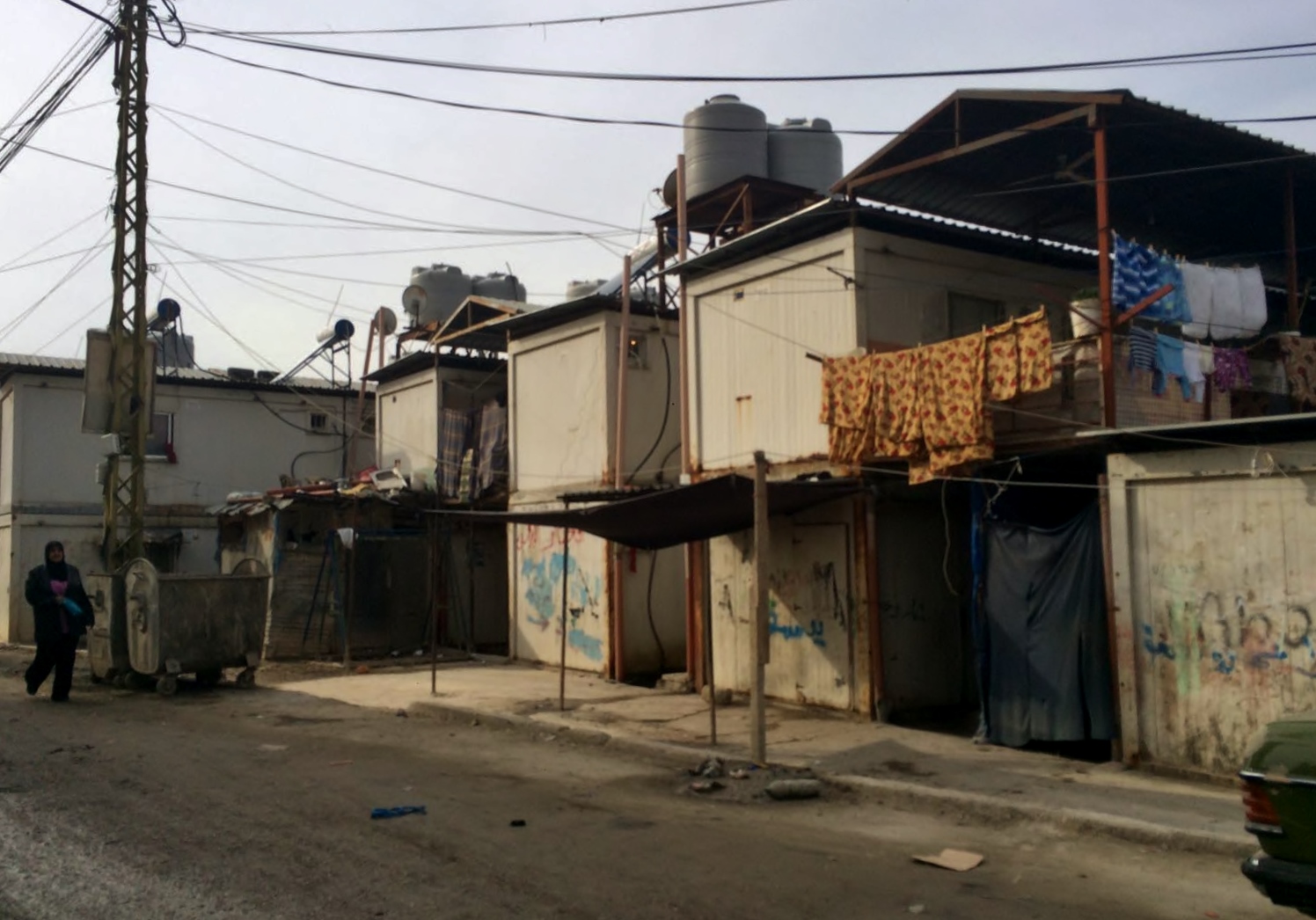
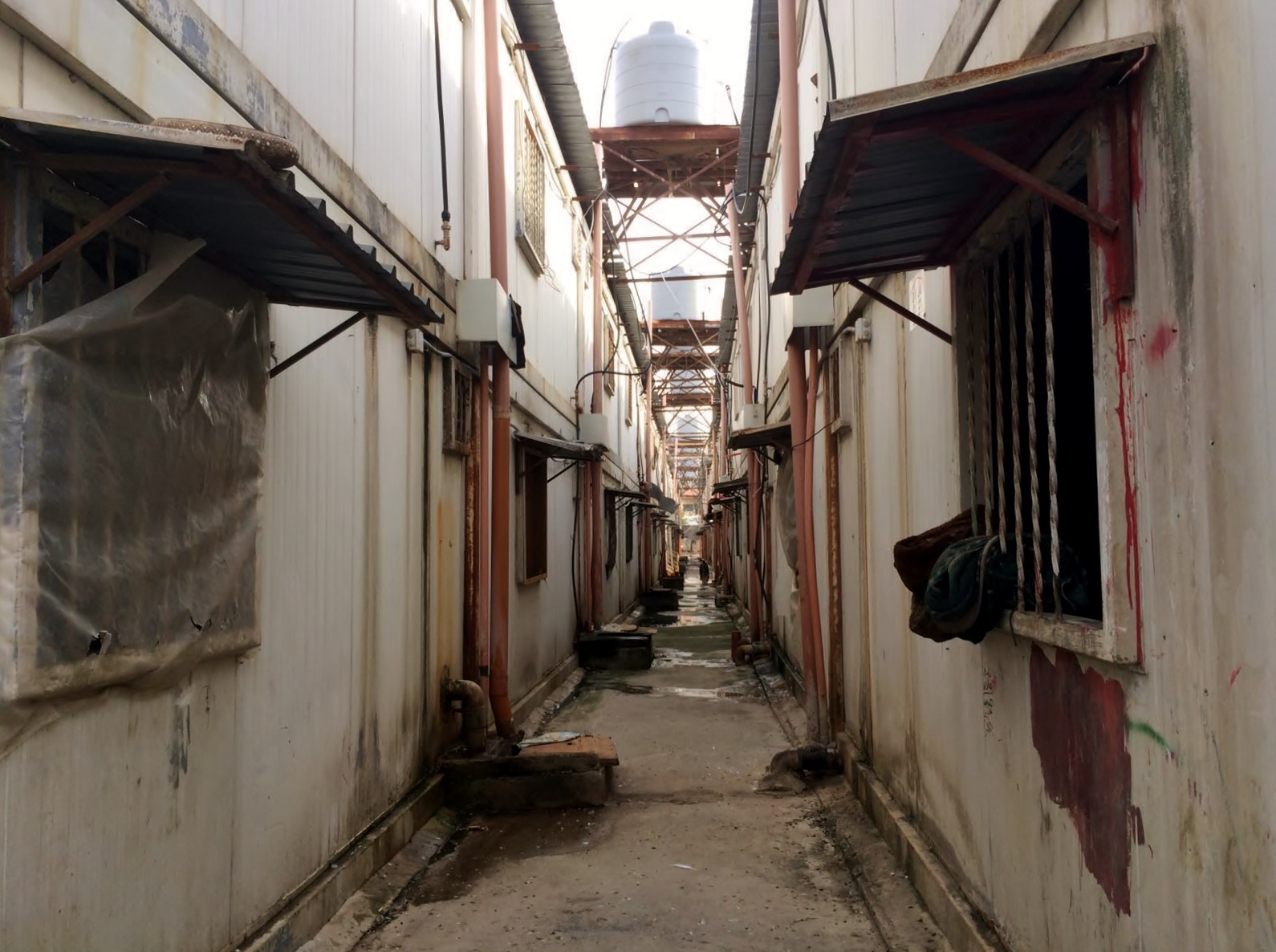
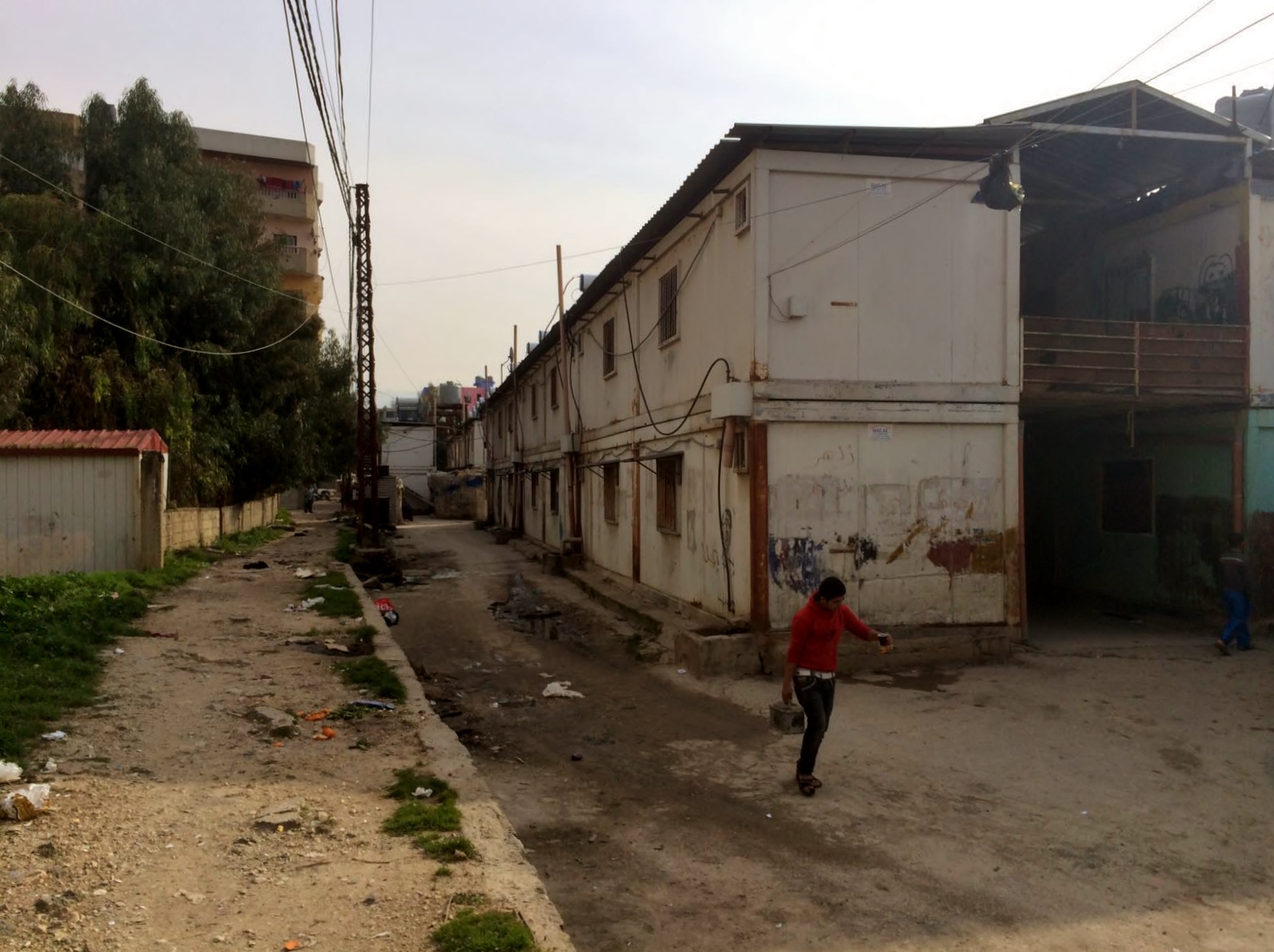

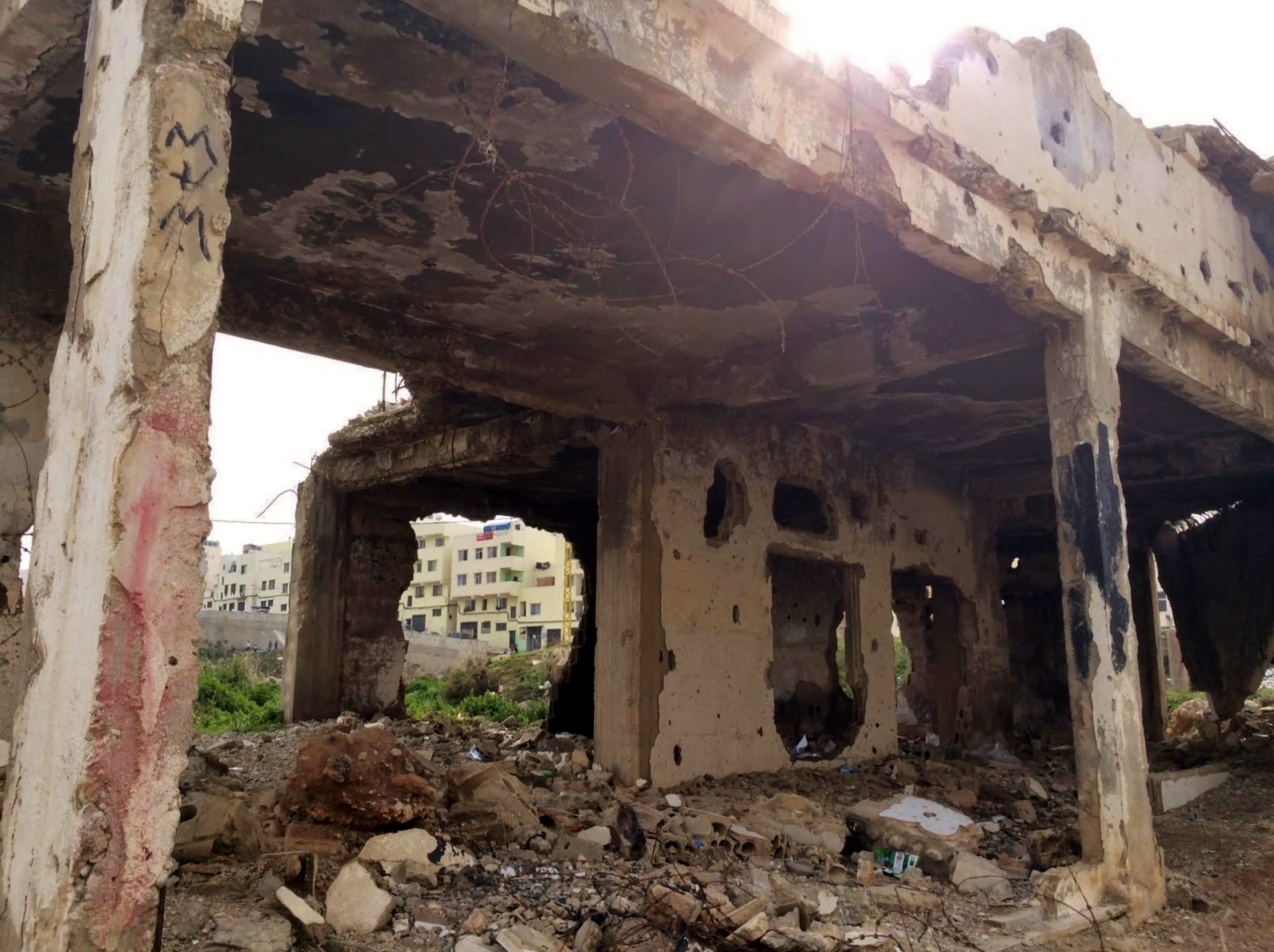
DAY 6
(Samer Ghneim/IRIN)
Mohammad is desperate. Desperate to get out of the camp, desperate for a job or a scholarship, desperate for a shot at a decent life, desperate for a chance to prove he is more than the low-class citizen of nowhere Lebanon has him pinned as, just plain desperate. He wants to go to university, but he doesn't have the money to go private. As a Palestinian, he isn't allowed to enroll at the country's practically free state institutions. His unclear legal status also makes it difficult for him to apply for programmes abroad. So, he's stuck. He’ll have to start working instead, but what work is there for a young man from Nahr al-Bared? Some of the most readily available work is helping to rebuild his own rotting camp, while all the time he dreams of escaping by whatever means possible.










